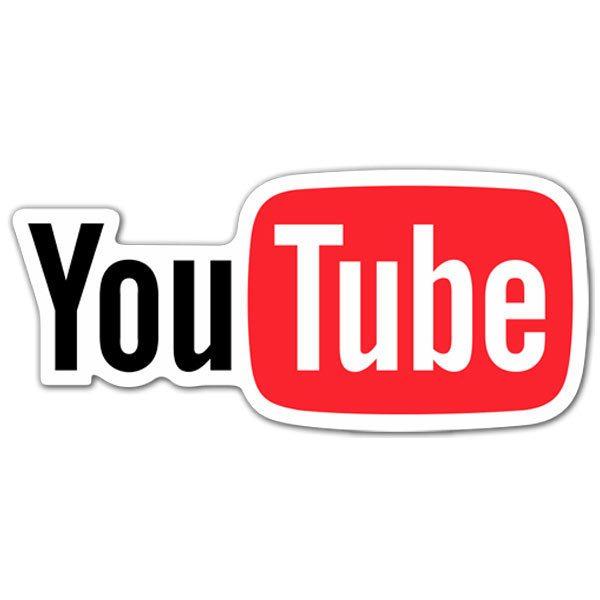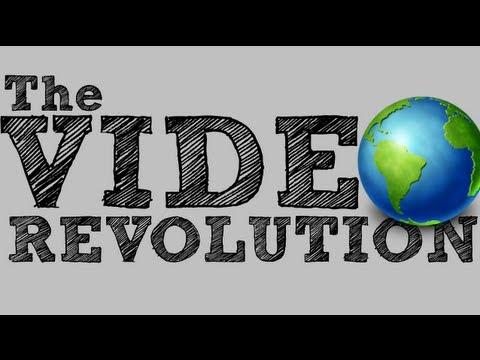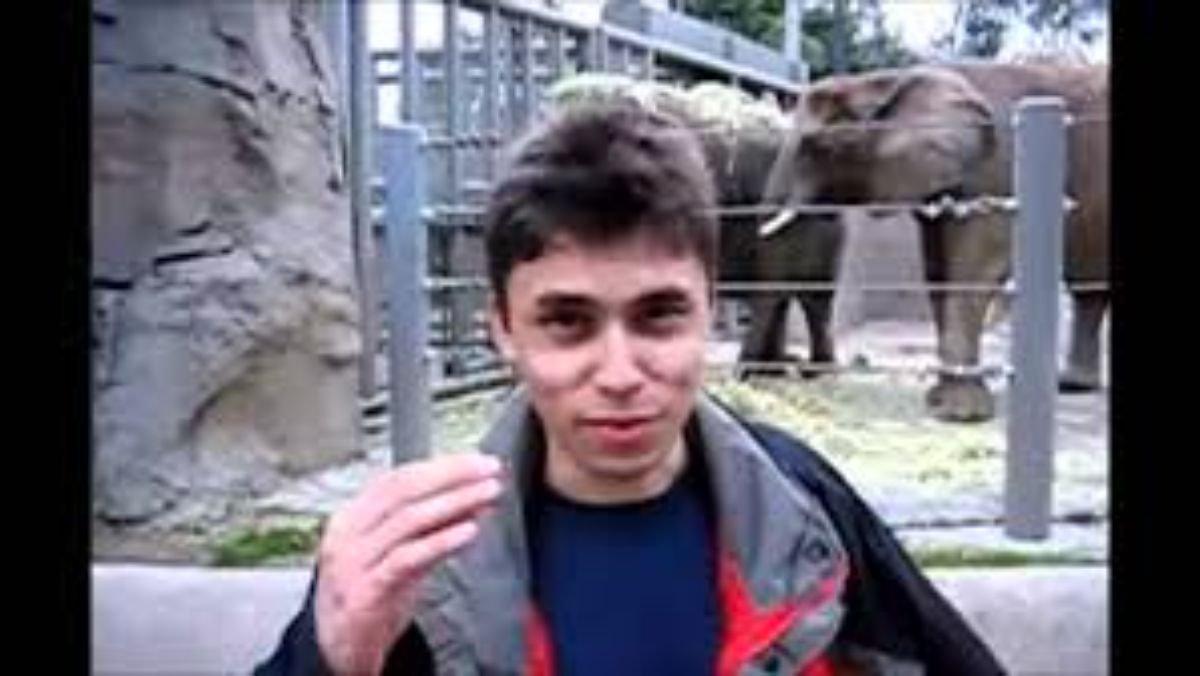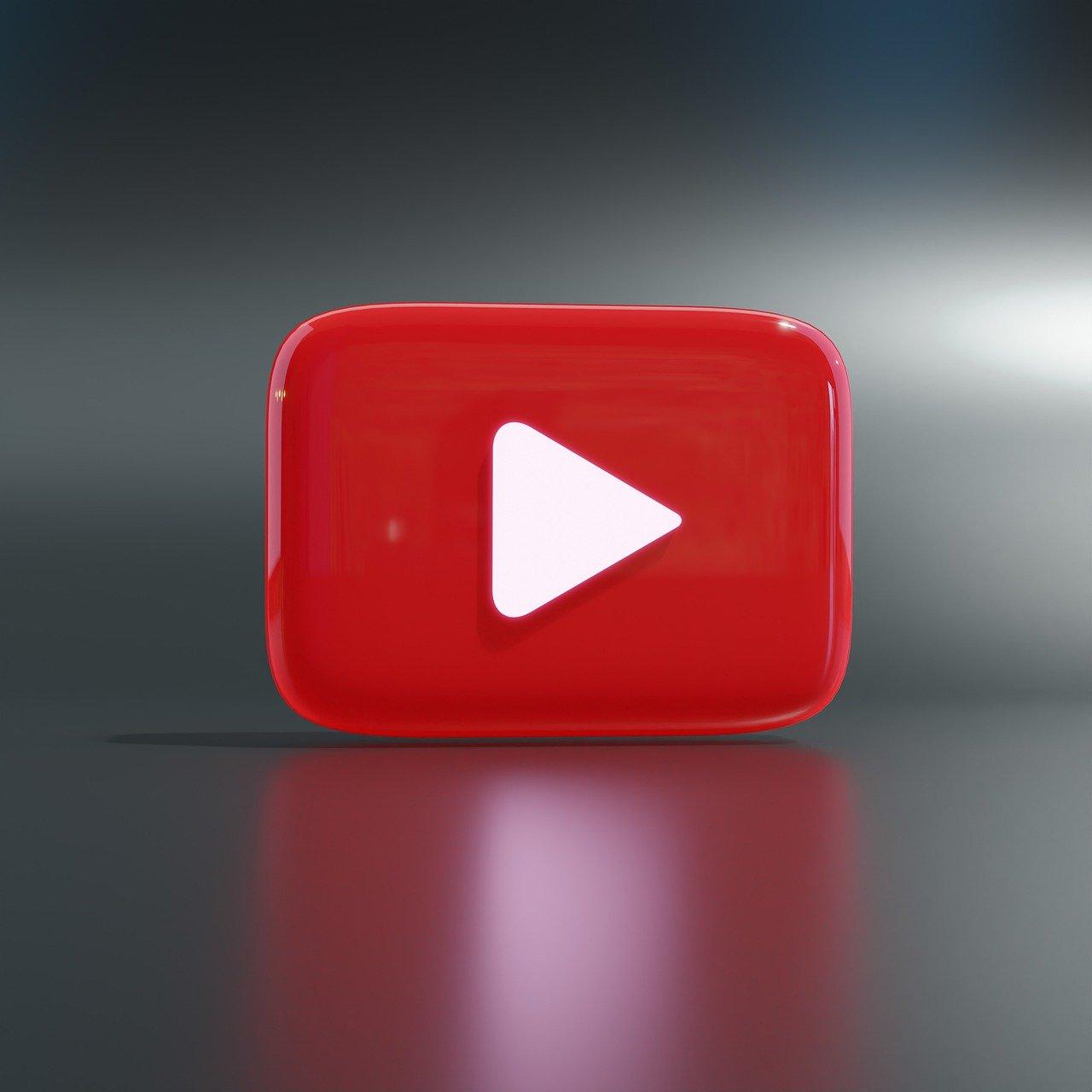Imagine a world where the internet was just starting to bubble with creativity, a time before vlogs, viral challenges, and influencers ruled the digital realm. You’re in for a nostalgic treat, as we dive into the origins of YouTube, the platform that revolutionized how we share and consume content. It all kicked off with a simple video, a fleeting snapshot titled “Me at the Zoo,” uploaded on April 23, 2005, by co-founder Jawed Karim. This seemingly mundane clip didn’t just mark the birth of a video-sharing giant; it ignited an entire cultural movement. So, grab your popcorn and let’s rewind the clock to explore the first flicker of YouTube and its monumental impact on the internet as we know it today.
The Story Behind YouTubes First Upload and Its Cultural Impact

When Jawed Karim uploaded “Me at the zoo” on April 23, 2005, it was just a casual video of him hanging out at the San Diego Zoo, standing in front of the elephant enclosure. Who would’ve thought that a simple, 18-second clip would kickstart a cultural revolution? This seemingly mundane moment marked the birth of YouTube, paving the way for a platform that would change how we consume and share media forever. At first glance, it might look like just another throwaway video, yet its legacy can’t be understated. Its uncomplicated authenticity resonated with viewers, and suddenly everyone was filming and sharing their own lives—showing the world that everyday moments can be just as impactful as grand productions.
The impact of this first upload rippled through the very fabric of internet culture. It sparked a creativity explosion, leading to the rise of vloggers, influencers, and content creators who now shape public opinion and trends. Here’s how it transformed the landscape of media and culture:
- Democratization of content: Anyone with a camera phone could now create and distribute videos.
- Emergence of a new economy: YouTube birthed new career paths and revenue streams for creative individuals.
- Global connectivity: People from different backgrounds shared their stories leading to a sense of community.
- Cultural phenomena: Viral videos changed how we perceive fame and influence.
How One Short Clip Launched a Video Revolution

Back in April 2005, a simple 18-second clip titled “Me at the Zoo” found its way onto a then-nascent platform called YouTube, and little did anyone know, it was about to change the game. The video features co-founder Jawed Karim at the San Diego Zoo, standing in front of the elephants, casually talking about their trunks. It’s far from a cinematic masterpiece, yet it represents the spark that ignited a wildfire of digital creativity. Imagine a quaint campfire slowly turning into a blazing bonfire, captivating everyone around it. With this one clip, a door opened, inviting creators from all walks of life to share their stories, their quirks, and their skills, all with just a camera and a dream.
What truly set this video apart wasn’t just the content but the sheer potential it represented. Before YouTube, sharing videos online was a chore; you needed technical prowess just to upload a clip. But suddenly, it was like opening the floodgates for everyone to jump in and play. Consider these key factors that fueled this video revolution:
- Accessibility: Anyone with a smartphone could create and upload.
- Community: Viewers became participants, sparking conversations.
- Creativity: From cat videos to DIY tutorials, the sky was the limit.
The ripple effect of “Me at the Zoo” paved the way for countless viral sensations, tutorials, and even world-changing movements. What started as a casual video turned into a cultural phenomenon, redefining entertainment and communication in the digital age. Without this brief glimpse into the mundane, who knows how long it would have taken for the world to embrace video-sharing the way we know it today?
Lessons from the First Video: What Creators Can Learn Today

When you dive into YouTube’s very first video, it’s like unearthing a treasure chest from the digital age. This delightful 18-second clip reminds us of the power of simplicity. Creators today can take a page from this playbook by embracing the rawness that comes with genuine moments. Instead of chasing perfection, why not focus on authenticity? Your audience connects more deeply with the real you, rather than a polished facade. Here’s what can really make a difference:
- Be genuine: People love to see the real you, flaws and all.
- Keep it simple: Sometimes, less is more. A clear and concise message resonates.
- Start small: Every big journey begins with a single step, just like that first video.
Another lesson shines brightly: the importance of community. The creators behind that first video didn’t just upload content; they opened a door for conversations. They weren’t just speaking into the void; they were connecting. Today’s creators should focus on building a vibrant community, where engagement thrives. Think about it; your viewers are not just spectators—they’re your partners in this adventure. Consider these strategies:
- Encourage dialogue: Ask questions and invite feedback.
- Be responsive: Taking the time to reply fosters loyalty.
- Collaborate: Teaming up with others can open new doors and perspectives.
Exploring the Legacy of Me at the Zoo in Modern Content Creation

When we think about the humble beginnings of YouTube, we’re essentially peeking into the very roots of online sharing. Remember ”Me at the Zoo”? It’s more than just a simple video of a guy at a zoo; it’s like the first pebble dropped into a pond, sending ripples through the entire landscape of content creation. This 18-second gem introduced us to a raw, unfiltered glimpse of life, setting the stage for anyone with a smartphone to become a storyteller. In a way, it’s like stumbling upon a sketch that later becomes a pivotal painting; it’s the essence of sharing mundane yet personal moments that resonates with viewers. Are you ready to explore how this iconic clip has shaped the way we communicate and engage today?
Fast forward to now, and you can see just how far we’ve come. Modern creators are streaming, vlogging, and doing everything in between, often using polished video techniques that would have been unimaginable back then. The beauty in this evolution lies in a few core principles that remain constant:
- Authenticity—staying true to oneself attracts viewers.
- Connection—embracing relatability helps in building a loyal audience.
- Creativity—unique ideas and visuals capture attention in a crowded space.
Below is a brief comparison of yesteryear’s vlogging style versus today’s content creation trends, highlighting the drastic changes in approach:
| Aspect | Then (Me at the Zoo) | Now (Modern Vlogs) |
|---|---|---|
| Duration | 18 seconds | 5-20 minutes |
| Production Quality | Casual, handheld | High definition, planned |
| Viewer Interaction | Minimal | Extensive, live chats, polls |
In Conclusion
And there you have it! YouTube’s first video, “Me at the zoo,” is more than just a quick glimpse of some elephants; it’s the seed that sprouted a giant tree of content creation that we now can’t imagine living without. Think about it: without that simple video, would we even have the zillions of cat clips and DIY tutorials we love today? It’s like trying to picture a world without pizza—just doesn’t make sense, right?
As we scroll through endless streams of vlogs, music videos, and the occasional crazy viral challenge, let’s take a moment to appreciate the magic of that very first upload. It reminds us that every big journey starts with a single step—or in this case, a 19-second video. So, the next time you dive into the rabbit hole of YouTube, remember where it all began. Who knows? You might just feel that spark of creativity too, ready to share your own slice of the internet. Cheers to the wild, wonderful world of online video, and keep on clicking!
